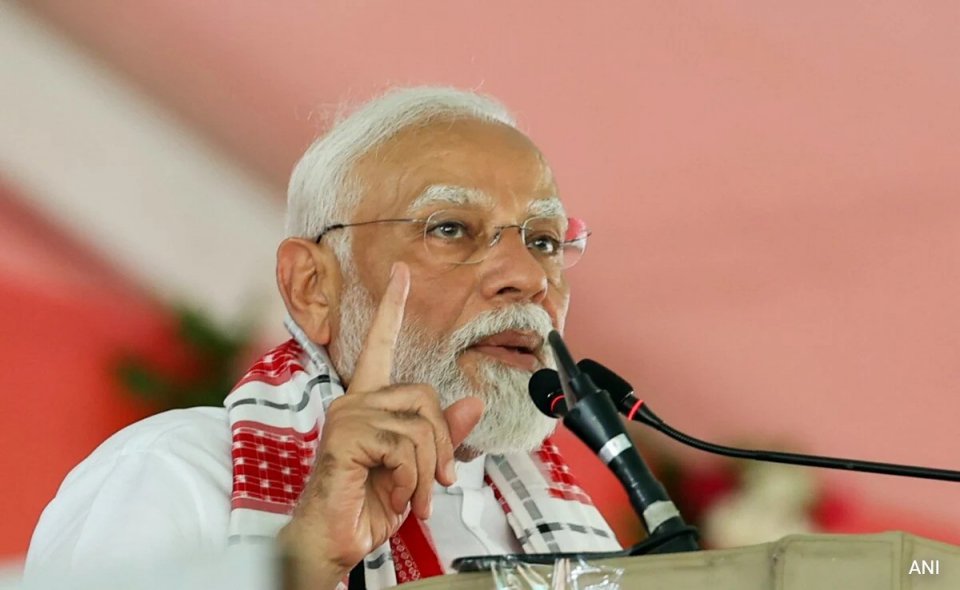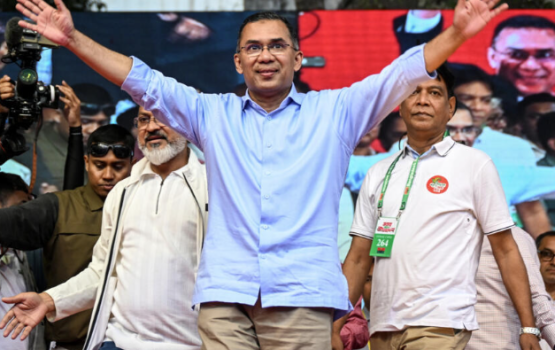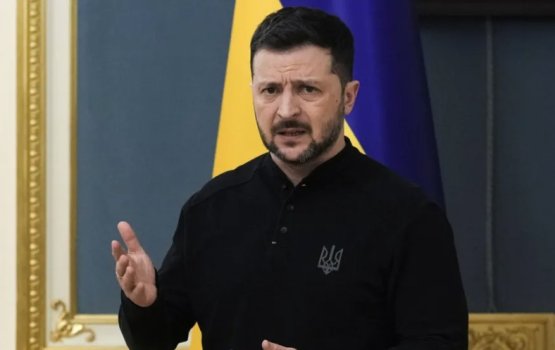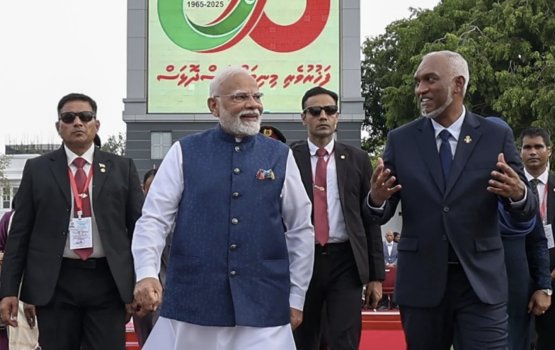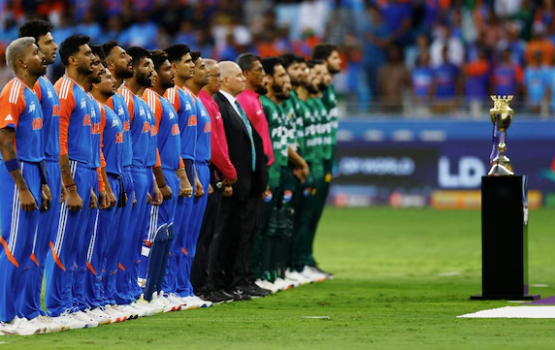Indian Prime Minister Narendra Modi has declared that the country’s military response to Pakistan has only been “paused,” not ended, following last week’s intense confrontation that raised fears of a fifth full-scale war between the nuclear-armed rivals.
In his first national address since the ceasefire, Modi stated on Wednesday that his government makes no distinction between terrorist groups and the states that support them. He warned that India would respond “on its own terms” to any future attacks.
On May 6, India launched missile strikes on targets in Pakistan and Pakistan-administered Kashmir, claiming to hit “terrorist infrastructure.” Pakistan rejected these claims, accusing India of aggression.
Modi accused Pakistan of choosing confrontation over cooperation on counterterrorism and warned against “nuclear blackmail.” He added: “This is not an era of war — but neither is it an era of terrorism.”
He also addressed the Indus Waters Treaty, a decades-old agreement brokered by the World Bank, suggesting a new hardline stance: “Terror and trade cannot go together, water and blood cannot flow together.” India has recently moved to halt water flow to Pakistan, escalating diplomatic tensions.
Pakistan’s Finance Minister, in an interview with Reuters, called India’s suspension of the treaty unacceptable and urged a return to the original terms.
Meanwhile, U.S. President Donald Trump claimed his administration helped prevent a nuclear conflict by facilitating the ceasefire.
Tensions flared after a deadly April 22 attack on tourists in Indian-administered Kashmir killed 26 people — an attack India blames on Pakistan, which denies involvement. The week-long clashes have reportedly killed around 60 civilians on both sides.
Military Talks and Ceasefire Monitoring
Top military officials from India and Pakistan were expected to meet Monday evening to review the ceasefire agreement. Indian authorities reported a quiet night along the Line of Control and international border, with no fresh incidents.
According to analysts, the talks will likely focus on communication protocols and mechanisms to prevent future escalations, rather than broader policy changes.
Abdul Basit, a South Asia expert at Singapore’s S. Rajaratnam School of International Studies, emphasized the importance of avoiding “miscalculations” that could lead to a nuclear crisis.
Both Sides Claim Success as Civilians Bear the Brunt
Despite the calm, both sides remain on alert. Indian officials reopened 32 airports closed during the conflict, and military leaders from both countries claimed operational success while pledging restraint.
Pakistan’s military described its recent actions as a “battlefield success,” with officials stating deterrence had been re-established. India’s military leadership emphasized its “restraint,” but warned any threats would be met with decisive force.
Civilians in the disputed Kashmir region have suffered the most, as both governments assert victory while the world watches for signs of lasting peace — or renewed conflict. (Reported by AlJazeera)

